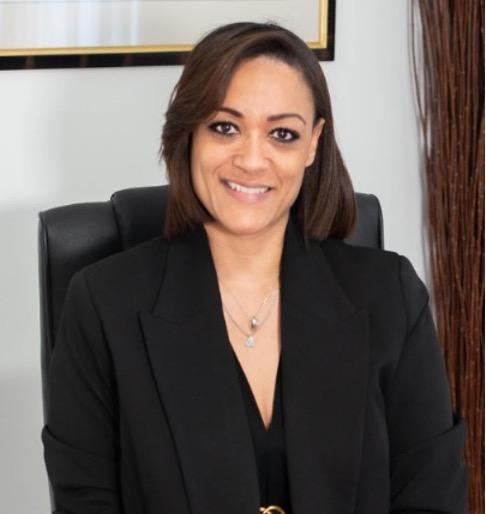Signs of Thinning Hair


Hair thinning is an issue that affects both men and women alike, either temporarily or permanently. Among the most common causes of hair thinning are genetics, stress, poor diet, or other gender specific reasons, like hair loss due to pregnancy, perimenopause, menopause or puberty.
Learning how to recognize the early signs of thinning hair as well as what is causing it, can be the first step in minimizing hair loss with effective treatments.
What are the early signs of hair thinning?
It is normal to lose up to 100 hairs a day; an increase over this figure could indicate a hair loss issue. Some signs of excess hair shedding can include:
A widening hair parting
A more visible scalp
More hairs on your pillow
More hairs after brushing or combing
A thinner ponytail
More hairs lost during washing
These signs can appear in both men and women and recovery may be helped by targeted scalp treatments, cosmetically by adopting a hairstyle for thinning hair, or through use of thickening hair styling products. If you notice any of these signs and are worried about them, speak to a doctor or trichologist who can help you pinpoint and diagnose the underlying cause of the hair loss.
What are the signs of male hair thinning?
Balding in men doesn’t occur overnight and it can take years or even decades to fully develop, however there are early signs you can spot. The process that occurs during male hair thinning can cause the hair around the temples, hairline and top of the head to have a shortened growth cycle, which can result in an uneven growth pattern in the affected area. The front hairline may start to resemble the shape of the letter ‘m’. Circular bald spots can also appear due to a condition called alopecia areata. Read more about male hair loss as well as its causes and treatments.
How does NIOXIN address the three main signs of hair thinning?
There are many solutions that serve to camouflage thinning. The innovative NIOXIN approach inspired by skincare is different. Customized technologies deliver thicker, fuller looking hair without side effects so you can thrive with newfound confidence. With Scalp, Roots and Strands, NIOXIN delivers a complete program and unique personalized solutions for a tailored treatment that works.
How does the scalp impact thinning hair?
The ‘scalp environment' can contribute to thinning hair. A healthy scalp environment supports healthy hair growth. Healthy, deeply rooted hair comes from a scalp that is clean and free from debris. Build-up of sebum or products can cause irritation or inflammation that can impact hair growth.
How does thinning hair affect the hair roots?
A loss in density (numbers of hair strands) in either one area, or throughout the scalp, is often one of the first signs of hair thinning. There are three phases in the hair growth cycle. For healthy hair, the scalp needs to be kept clean and the hair needs to be protected from damage and breakage – one of the most common causes of thin-looking hair. Nioxin’s approach provides hair resilience and control the moisture balance, strengthen the hair against breakage up to 91%.NIOXIN`s solutions help reduce hair loss due to breakage.
How does thinning hair affect the hair strands?
Finer hair strands are another sign of thinning hair. This often means that the hair structure is weaker and not able to withstand over styling. The hair can appear fluffy or fall flat. NIOXIN's approach amplifies hair texture, delivering thicker and fuller looking hair. NIOXIN has found inspiration in premium skincare to supply advanced care for thinning hair. As an extension of facial skin, the scalp requires the same attention and treatment. The NIOXIN range of products, include shampoos for thinning hair, and are designed to strengthen, nourish and repair hair from its foundation. As scalp health supports hair health, this provides the perfect foundation for thicker, fuller looking hair. If you want to learn more about what you can do to prevent your hair from thinning, then check out our article on how to get thicker hair.